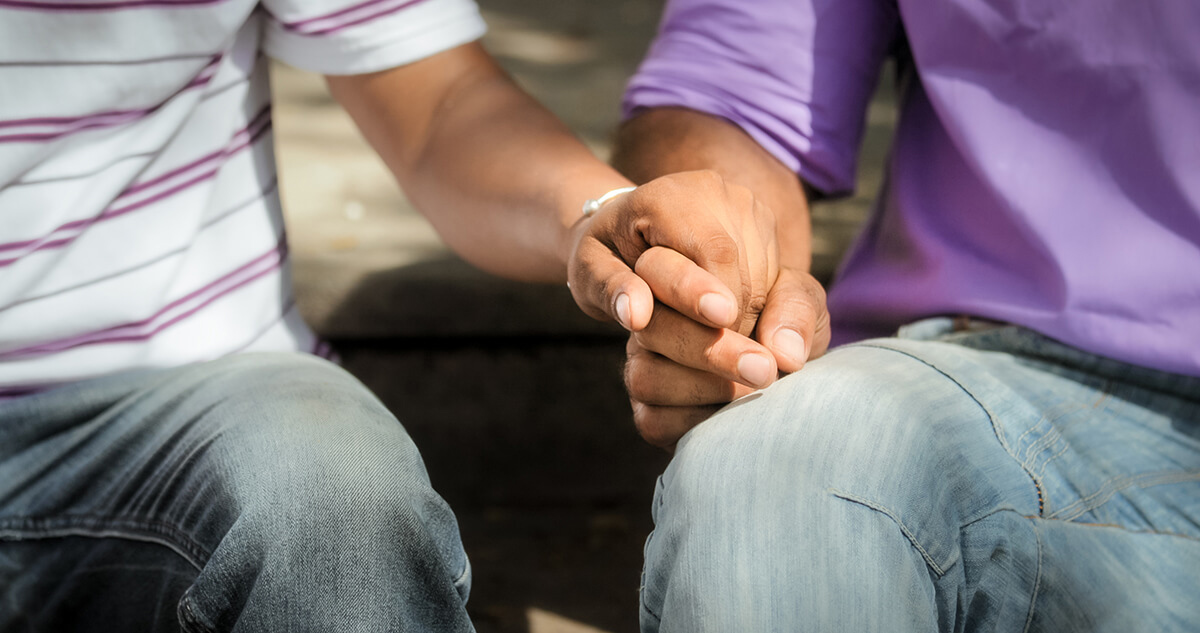 17 Mar 2021
17 Mar 2021
BY: admin
LGBTQ
Why Is Depression More Prevalent in the LGBTQ Community?
Mental illness is more common in the LGBTQ communitites than any straight, cis-gender group. Approximately 4.5 precent of the United States population identify as gay, lesbian or bisexual, and over 39 percent have expeirneced a mental illness within the last year. In 2015, 60 percent of LGBTQ youth reported being so sad that they were no longer partaking in activities they once enjoyed. People who identify as transgender are also more likely to experience depression and attempt suicide. Why are people in the LGBTQ community experiencing depression at such a greater rate than the rest of the population?
There is no single answer, and we would never attempt to identify the true reason for an individual’s unique experience with mental health. However, there are some common experiences and themes in the lives of people who identify as LGBTQ that can lead to the development of depression. Understanding these causes can help you better understand and support a loved one or even help yourself.
Non-Supportive Family Members
LGBTQ youth who do not have family support are much more likely to experience depression, self-harm and attempt suicide; there is also a pandemic of youths being kicked out of their homes and thrust into homelessness because their parents or guardians do not accept them for who they are.
Even if someone can keep their housing, living under the same roof as people who are openly homophobic, transphobic, and/or abusive poses life-threatening risks to someone’s mental health. Depression and its accompanying feelings of hopelessness, shame, and worthlessness, can stem from a non-supportive environment.
Lack of Understanding and LGBTQ Resources
Despite the fact people are more open about mental health today, there is still limited knowledge surrounding the unique experiences, challenges, and emotions that influence an LGBTQ person’s mental health. Even doctors and therapists can be ignorant to the influences that cause their patients to experience depression. Failing to recognize the added challenges of being LGBTQ can worsen a person’s feelings of isolation.
Minority Stress
Although the community is millions strong, almost everyone who identifes as gay, lesbian, bisexual, trans, or queer has felt alone and outcasted at some point. LGBTQ people deal with constant stress and anxiety about their own safety, their future and their personal rights. It’s not something easy for a non-LGBTQ person to understand. It is exhausting trying to explain it, so most people stay quiet and suffer in silence.
People in the LGBTQ may also experience pressure as a minority to be an advocate for their group; however, taking on the role of educator is draining and can ultimately create more stress and pressure that negatively affects your mental health.
Colorado LGBTQ Counseling & Therapy
Our therapists offer care to LGBTQ teens and adults throughout Denver. We don’t believe that there is anything you need to change about yourself, only things you may need to overcome to live more authentically. Whether you feel trapped, alone or afraid, we are here to listen and help. Please contact us today to learn more and request an appointment at your earliest convenience.

